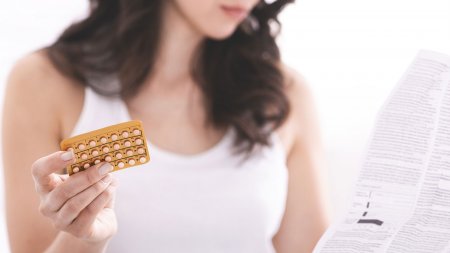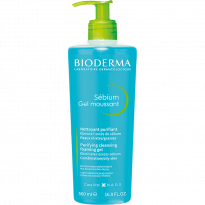The pill is the contraceptive method that is most beneficial for acne. The contraceptive patch or ring with the same hormones, although administered differently, may also have a positive effect.
Progesterone-based IUD
Avoid these devices as they don’t block ovulation, and increase androgen secretion, particularly in the case of polycystic ovary syndrome.
Progesterone-only pills and contractive implants
Apart from Slinda that has just arrived on the market, all progesterone contraceptives (desogestrel pill, implant or progesterone IUD) should be avoided if you suffer from acne, as progesterone is slightly androgenic.
Local contraceptives
Copper IUD, spermicides and condoms…These don’t have any effect on acne.











